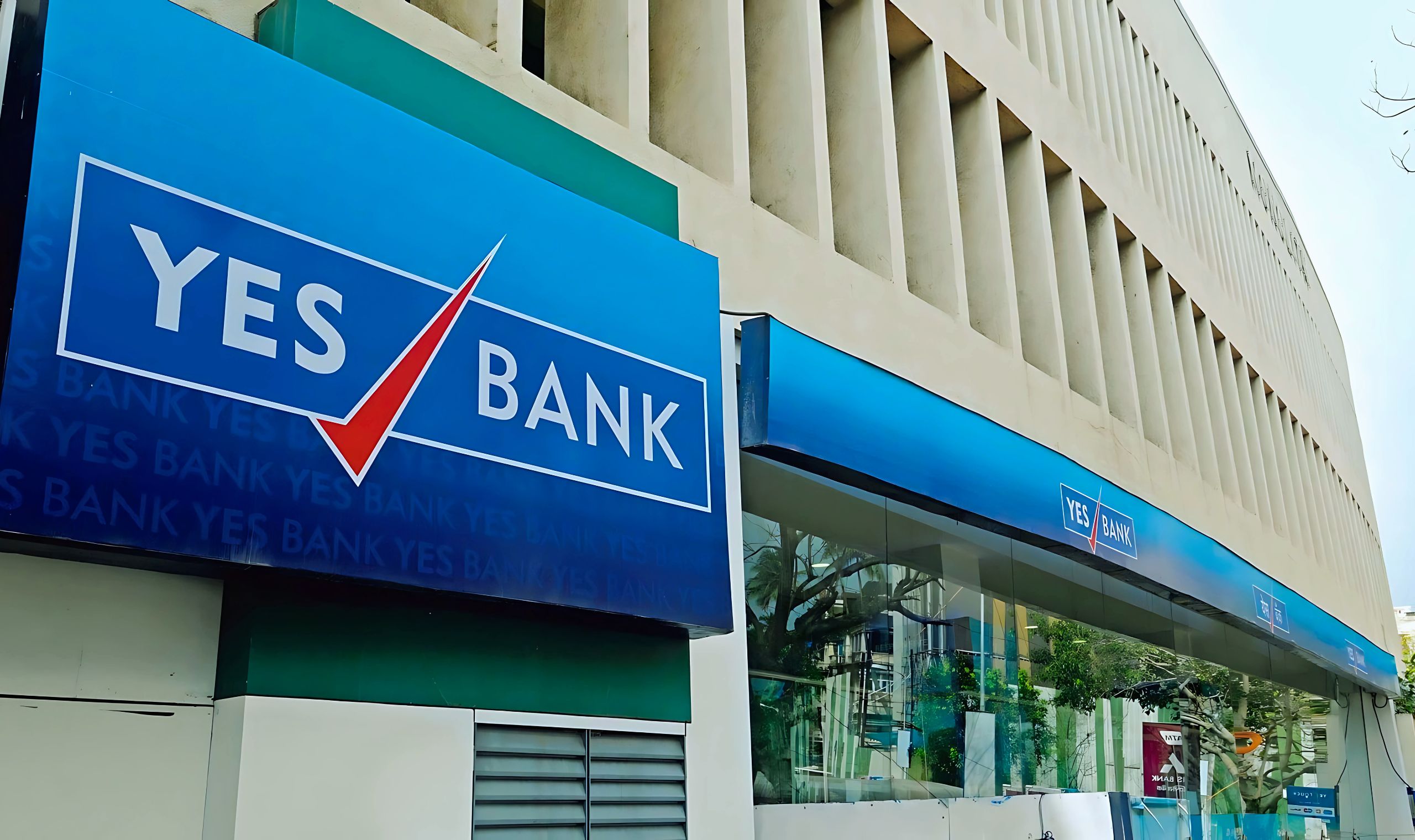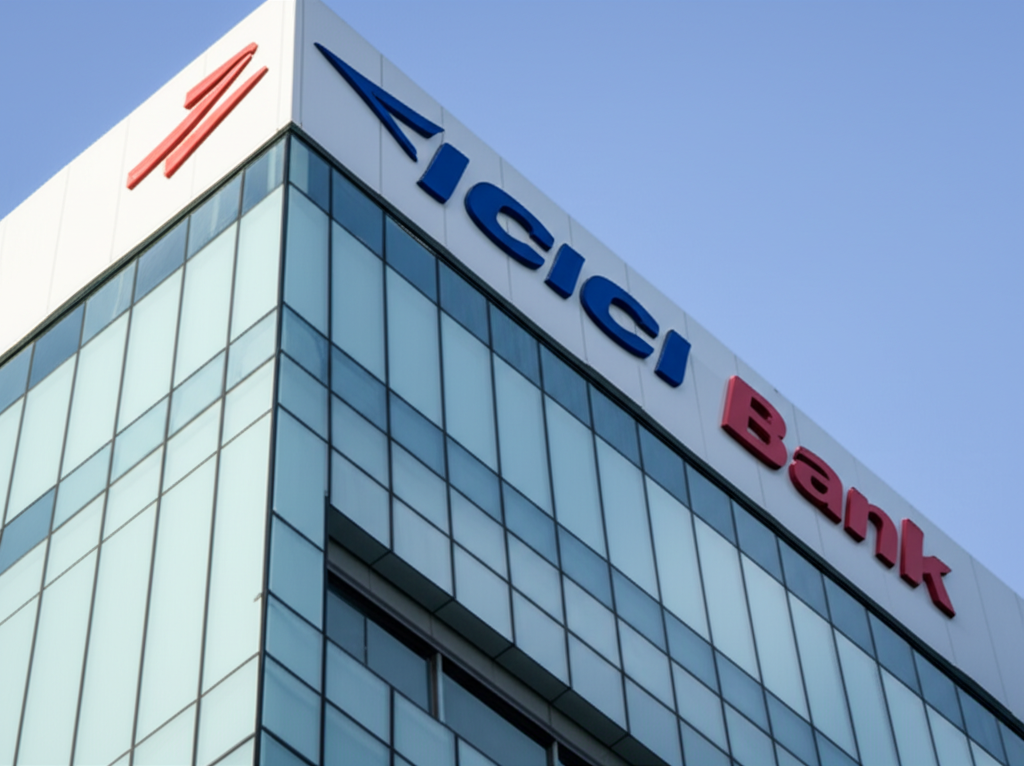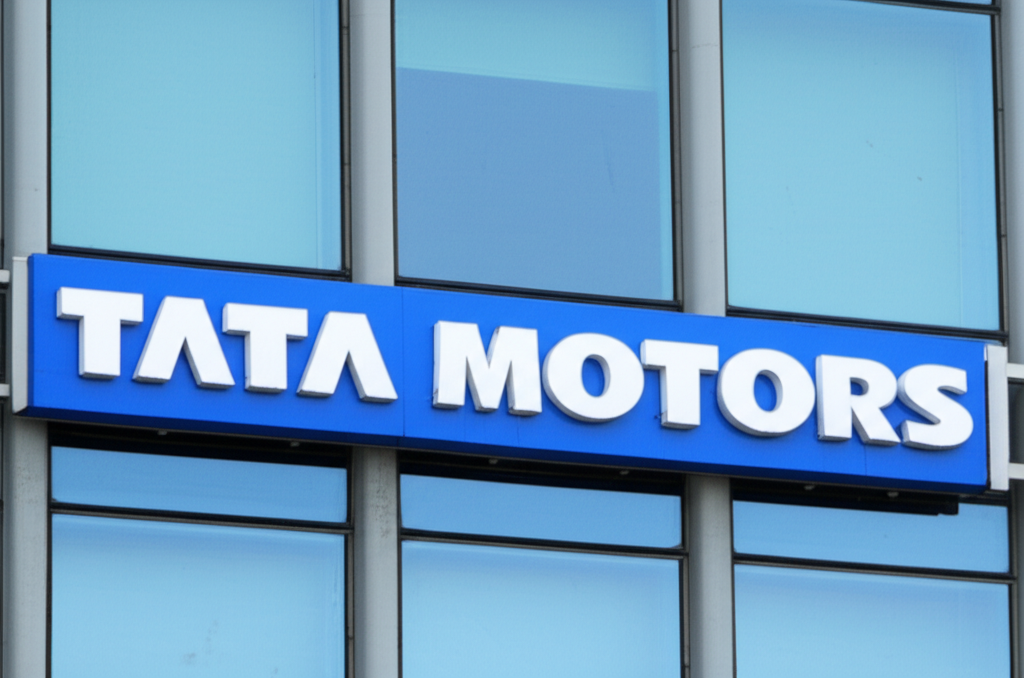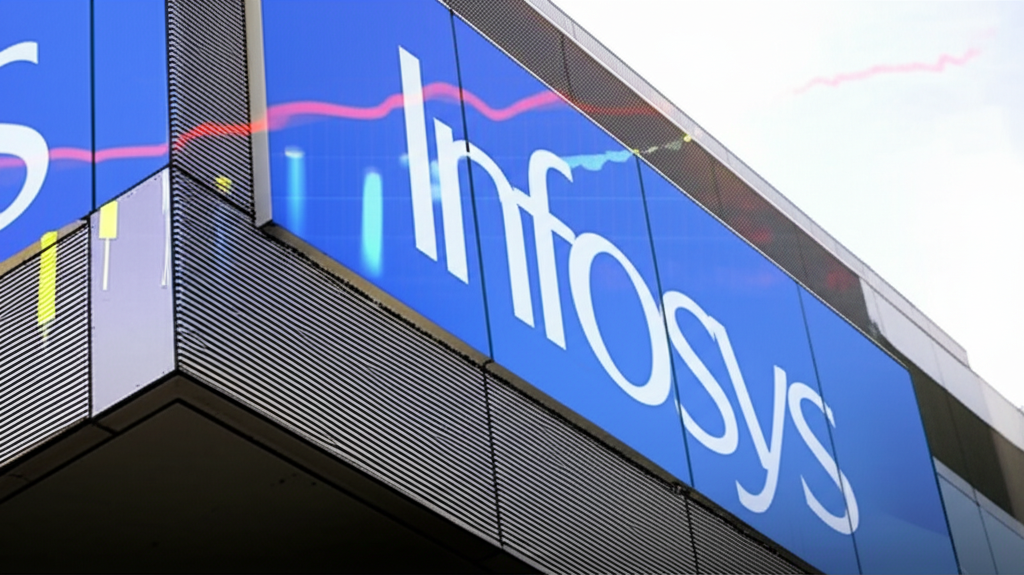On May 12, 2025, shares of Yes Bank, one of India’s leading private sector banks, surged by as much as 9% during the opening trades on the National Stock Exchange (NSE). This sharp rally was triggered by the announcement that Japan’s Sumitomo Mitsui Banking Corporation (SMBC), a subsidiary of the Sumitomo Mitsui Financial Group (SMFG), had entered into a definitive agreement to acquire a 20% stake in Yes Bank for ₹13,483 crore (approximately $1.58 billion). Described as the largest cross-border investment in India’s banking sector, the deal has sparked significant investor optimism, marking a pivotal moment in Yes Bank’s ongoing recovery journey. This article explores the details of the transaction, its implications for Yes Bank and its stakeholders, the market’s response, and the broader context of foreign investment in India’s banking sector.
The Deal: SMBC’s Strategic Investment
The agreement, announced on May 9, 2025, involves SMBC acquiring a 20% stake in Yes Bank through a secondary stake purchase. The transaction includes:
- 13.19% stake from State Bank of India (SBI): SBI, which has been Yes Bank’s largest shareholder since leading a rescue operation in 2020, will sell this portion for ₹8,889 crore at ₹21.50 per share.
- 6.81% stake from other Indian banks: A consortium of seven lenders—HDFC Bank, ICICI Bank, Kotak Mahindra Bank, Axis Bank, IDFC First Bank, Federal Bank, and Bandhan Bank—will collectively sell this stake. These banks had invested in Yes Bank during its 2020 reconstruction at around ₹10 per share, making SMBC’s purchase price of ₹21.50 a significant premium.
The deal, valued at ₹13,483 crore, positions SMBC as Yes Bank’s largest shareholder upon completion, while SBI will retain over 10% equity, ensuring continued influence. The transaction is subject to regulatory approvals from the Reserve Bank of India (RBI) and the Competition Commission of India (CCI), along with shareholder consent. SMBC will also gain the right to nominate two non-executive, non-independent directors to Yes Bank’s board, while SBI retains the right to nominate one, provided its stake remains above 5%. Additionally, SMBC has pre-emptive rights to subscribe to new share issuances to maintain its pro-rata shareholding.
Background: Yes Bank’s Turnaround Journey
To understand the significance of this deal, it’s essential to revisit Yes Bank’s turbulent history. Founded in 2004 by Rana Kapoor and Ashok Kapur, Yes Bank quickly rose to prominence as a dynamic private lender. However, by 2019, the bank faced severe financial distress due to mismanagement, governance issues, and an inability to raise capital to cover loan losses. This led to a liquidity crisis, culminating in the RBI imposing a moratorium on March 5, 2020, restricting withdrawals to ₹50,000 per depositor. The RBI also superseded Yes Bank’s board and appointed Prashant Kumar, former CFO of SBI, as administrator.
Under the RBI-orchestrated Reconstruction Scheme, SBI led a consortium of banks—including HDFC Bank, ICICI Bank, Kotak Mahindra Bank, Axis Bank, IDFC First Bank, Federal Bank, and Bandhan Bank—to inject ₹10,000 crore into Yes Bank. SBI acquired a 49% stake at ₹10 per share, later diluted to 23.99% by March 2025. This bailout stabilised the bank, which has since focused on improving its balance sheet, capital adequacy, and asset quality. By FY25, Yes Bank’s total deposits reached ₹2.85 lakh crore, up 2.7 times since March 2020, with advances at ₹2.46 lakh crore. The bank reported a 64% year-on-year increase in net profit to ₹738.12 crore for Q4 FY24-25, with a capital adequacy ratio of 15.6%.
Despite this recovery, Yes Bank has operated without a formal promoter since Rana Kapoor’s exit in 2019, making strategic partnerships critical for long-term stability. SBI, bound by a three-year lock-in period that ended in 2023, has been seeking an exit route, making SMBC’s investment a timely development.
Market Response: A 9% Surge and Beyond
The announcement of SMBC’s stake acquisition triggered an immediate market response. On May 12, 2025, Yes Bank shares opened at ₹21.70, a 9% jump from the previous close, reflecting strong investor confidence in the deal. By 9:35 AM, the stock was trading at ₹20.69 per share, up 3.4% on the NSE, after cooling from intraday highs. By midday, it was quoted at ₹20.46, up 2.2%, and later stabilised at ₹20.36, erasing some early gains.
This rally builds on recent momentum. Over the past five days, Yes Bank shares have risen 15%, and over the past month, they have climbed nearly 16%, driven by optimism surrounding the SMBC deal. However, the stock has faced challenges in 2025, with a year-to-date decline of 6.93% and a 26% drop over the past year. The deal’s announcement pushed the stock above its 5-day, 20-day, 30-day, and 50-day simple moving averages (SMAS), though it remained below its 10-day, 100-day, 150-day, and 200-day SMAS, indicating potential resistance at ₹19.30–₹20.
The market’s enthusiasm reflects the deal’s perceived benefits, including enhanced governance, access to SMBC’s global expertise, and a stronger financial base for Yes Bank. However, some analysts caution that the stock’s long-term performance will depend on regulatory approvals and the execution of the bank’s growth strategy.
Implications for Stakeholders
Yes Bank
The SMBC investment is a “powerful endorsement” of Yes Bank’s transformation, as stated by CEO Prashant Kumar. The bank expects to leverage SMBC’s global expertise in areas like retail banking, SME lending, and corporate finance, which align with Yes Bank’s goal of maintaining 60% of its portfolio in retail and SME loans. SMBC’s strong credit rating (A1/A- Stable) could lower Yes Bank’s cost of funds, enhancing profitability. The deal also provides strategic stability, addressing concerns about the bank’s lack of a promoter.
However, challenges remain. The RBI caps foreign ownership in private banks at 15%, with voting rights limited to 26%. SMBC’s 20% stake exceeds the typical threshold, suggesting regulatory flexibility, possibly due to Yes Bank’s past distress. The deal’s completion hinges on RBI and CCI approvals, and any delays could dampen investor sentiment. Additionally, Yes Bank is undergoing a restructuring, including layoffs of at least 500 employees and the exit of four senior officials, which could pose operational risks.
State Bank of India (SBI)
For SBI, the deal is a financial windfall. Having invested ₹6,050 crore at ₹10 per share in 2020, SBI’s 23.97% stake is now valued at ₹16,161 crore at ₹21.50 per share, yielding a 167% gain over five years (22% CAGR). The sale of 13.19% will generate ₹8,889 crore, boosting SBI’s FY26 profits by 7.5% (₹4,760 crore) and freeing up 13 basis points of its Common Equity Tier 1 (CET1) capital. SBI’s remaining 10.78% stake ensures continued influence, with the right to nominate a board director.
Other Indian Banks
The seven other banks, which invested at ₹10 per share in 2020, stand to gain significantly. At ₹21.50 per share, their 115% return over five years translates to a 20% annual return. For example, Bandhan Bank will sell 0.5% (15.39 crore shares) for ₹331 crore, reducing its stake to 0.21%. Federal Bank will sell 0.5% for ₹357.5 crore. These gains reflect the success of the 2020 rescue and provide an exit path for these lenders.
Investors and Analysts
Investor sentiment is mixed. While the deal has driven short-term gains, some analysts remain cautious. Kotak Securities maintained a “SELL” rating on Yes Bank with a fair value target of ₹17 per share, citing better opportunities elsewhere in the market. The brokerage noted that while the SMBC deal is priced above its fair value, minority shareholders should approach Yes Bank with caution due to its historical volatility and competitive pressures.
Technical analysts, like those on X, highlight resistance levels at ₹19.30–₹20, suggesting that bulls may struggle to sustain the rally without further positive catalysts. The stock’s 14-day relative strength index (RSI) at 54.10 indicates neutral momentum, neither overbought nor oversold.
Regulatory and Market Context
The SMBC deal is notable in the context of India’s tightly regulated banking sector, where cross-border mergers and acquisitions are rare due to ownership restrictions, strict capital requirements, and state dominance. The RBI’s apparent flexibility in allowing SMBC’s 20% stake aligns with past exceptions, such as DBS Group’s takeover of Lakshmi Vilas Bank in 2020 and Fairfax’s 51% stake in Catholic Syrian Bank in 2018. These precedents suggest the RBI prioritises financial stability for distressed banks, even if it means bending foreign ownership caps.
However, earlier reports of SMBC seeking a 51% stake, which surfaced on May 6, 2025, were met with scepticism. Yes Bank issued a clarification, calling such claims “speculative” and “factually incorrect,” noting that discussions were preliminary and did not warrant disclosure under SEBI regulations. The stock surged 10% that day but erased most gains after the clarification, closing 1.18% higher at ₹17.94. This volatility underscores the market’s sensitivity to regulatory uncertainties.
The deal also reflects growing Japanese interest in India’s financial sector, driven by Japan’s low interest rates and shrinking domestic market. SMBC, Japan’s second-largest bank with $2 trillion in assets, has expanded its India footprint, acquiring a 100% stake in SMFG India Credit Co. (formerly Fullerton India) in 2021 and investing in fintechs like M2P Fintech and SATYA MicroCapital. The Yes Bank investment aligns with SMBC’s strategy to tap India’s fast-growing economy.
Critical Analysis: Beyond the Headlines
While the deal has been hailed as a landmark, a critical examination reveals nuances. The RBI’s verbal assurances, as reported, lack formal confirmation, and the absence of a pending application with the RBI (as per CNBC-TV18) raises questions about the deal’s regulatory path. The 15% foreign ownership cap and 26% voting rights limit could constrain SMBC’s influence unless further exceptions are granted.
Moreover, Yes Bank’s denial of earlier 51% stake rumours suggests a cautious approach to managing market expectations. The bank’s statement that it “routinely explores opportunities” to enhance shareholder value indicates that SMBC’s 20% stake may be a starting point, with potential for an open offer or merger in the future. Reports suggest SMBC could seek to increase its stake to 51% via a share swap or open offer, possibly integrating its Indian operations with Yes Bank. However, such plans remain speculative without regulatory clarity.
The deal’s valuation also warrants scrutiny. At ₹21.50 per share, Yes Bank is valued at $7.9 billion, a significant premium over its 2020 rescue valuation. While this reflects the bank’s recovery, Kotak Securities’ ₹17 target suggests the market may be overpricing the stock’s near-term potential. Investors should weigh the deal’s long-term benefits against competitive pressures from rivals like HDFC Bank and ICICI Bank.
Conclusion
The acquisition of a 20% stake in Yes Bank by SMBC marks a transformative moment for the Indian banking sector, signalling confidence in Yes Bank’s recovery and India’s economic potential. The deal has driven a 9% surge in Yes Bank’s shares, reflecting investor optimism about enhanced governance, financial stability, and growth prospects. For SBI and other Indian banks, it offers substantial returns and an exit path from their 2020 rescue efforts. However, regulatory hurdles, market volatility, and competitive dynamics warrant caution.
As Yes Bank navigates its next phase under SMBC’s strategic partnership, stakeholders will closely monitor regulatory approvals and the bank’s ability to leverage global expertise. While the deal underscores the appeal of India’s banking sector to foreign investors, its success will depend on execution and sustained market confidence. Investors are advised to consult certified financial advisors before making decisions, given the stock’s historical volatility and the evolving regulatory landscape.















0 Comments